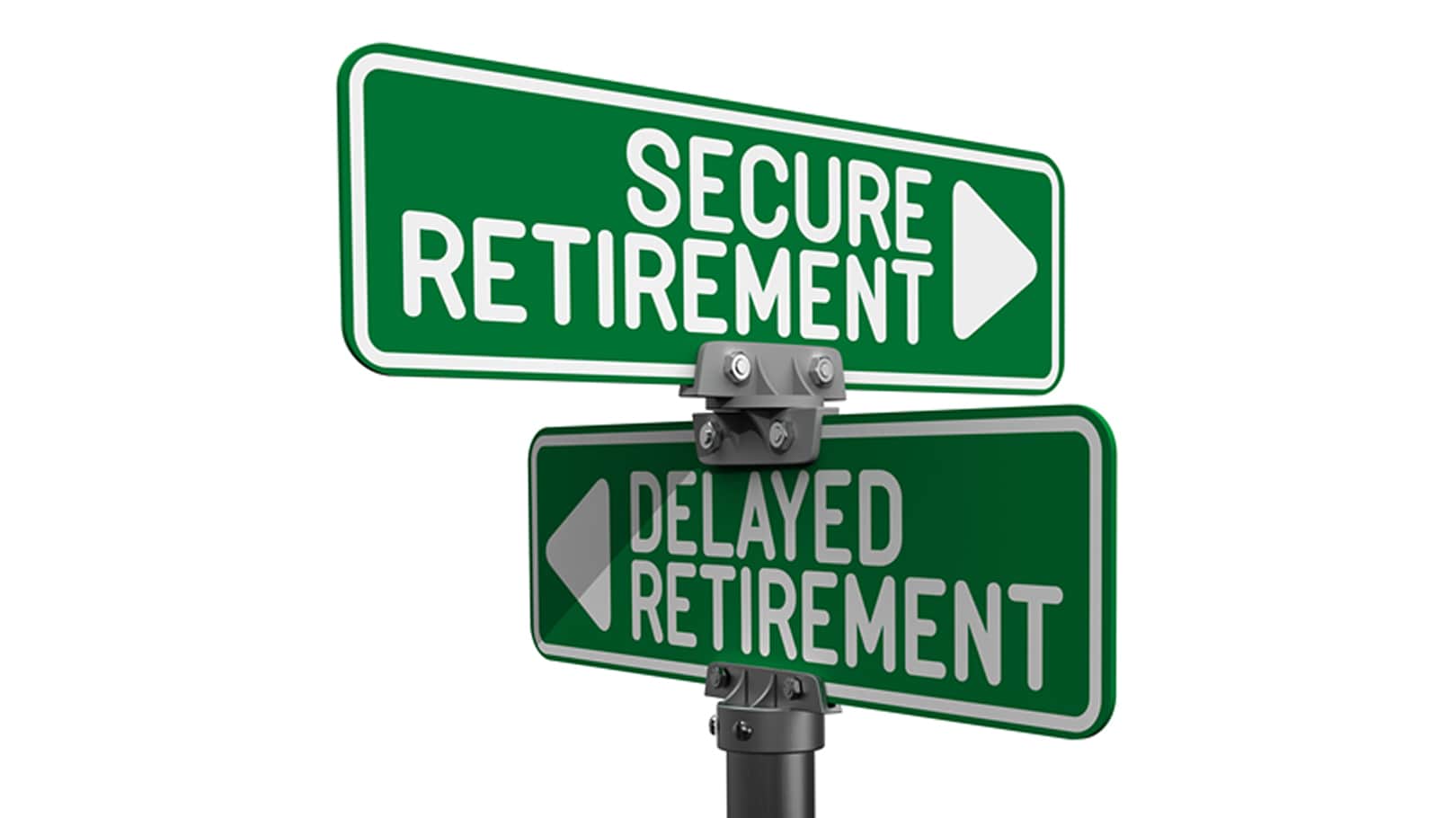The Retirement “Blind-Spot” – An Opportunity for Employers
Most people planning for retirement rely on the advice of a professional investment advisor to determine how much money they will need to grow in order to live their desired retirement lifestyle. That’s the “planning” part of financial planning.
The problem is that many of us consider retirement scenarios as an extension of our present situations. Events that are common but difficult to predict – such as dying too soon, outliving one’s finances, becoming disabled or needing long term care – are all variable factors that need to be considered in any sound retirement savings plan.
The Retirement “Blind-Spot”
However, healthcare costs are one of the biggest uncertainties when it comes to determining how much money you’ll need in retirement. Unfortunately, studies and statistics show that it’s also the one consideration that gets overlooked the most.
Consider these facts:
- 40% of workers age 50 or older are not planning for healthcare costs in retirement 1
- 50% of pre-retirees are overwhelmed and confused about how much money they need to cover healthcare costs in retirement 2
- Only 48% of baby boomers are confident they will be able to cover their medical expenses in retirement 3
- 26% of workers expect to work past age 70; 74% of those plan to do so in order to maintain healthcare benefits 4
Connecting Health and Wealth
Without adequate savings, a large, unexpected medical expense can force people to borrow against their 401(k) or even worse, make an early withdrawal which comes with derogatory tax implications and hefty early withdrawal penalties.
To assist employees in avoiding this scenario, more and more 401(k) advisors are partnering with Health Savings Account (H.S.A.) administration giants like Optum Health and Health Equity to develop tools and strategies that better address this large “unknown” for employees.
In turn, that has created a big opportunity for employers who offer both a 401(k) plan and a Health Savings Account (H.S.A.) qualified medical plan as components of their benefits package.
These employers can now consolidate the administration and record-keeping of both the 401(k) and H.S.A. benefits with one vendor, while offering an additional, valuable service to employees at no additional cost. The result?
Retirement Planning Taken to the Next Level
Using an employee’s current health information along with various analytical tools and predictive modelling, 401(k) advisory firms can offer considerable value when it comes to helping individuals understand the potential impact their specific and most expected healthcare expenses will have on their standard of living in retirement.
From there, advisors extend a full suite of investment services specifically designed for employees looking to invest their non-taxable, H.S.A. funds.
As just one example of the many advantages of this capability, participating employees receive a single statement each month or quarter, illustrating the performance of both their 401(k) and their H.S.A.
See sample statement below.
The Opportunity for Employers
If you would like to learn more about this emerging trend in retirement savings planning as it relates to employee benefits, please join us next Wednesday, November 15th along with Pensionmark’s Managing Director Sean O’Flaherty to learn:
- How employers are using this new benefit to bolster their attraction and retention strategy
- How early education regarding retirement healthcare costs has been proven to inspire higher savings rates
- How this approach further incents employees to be better healthcare consumers, reducing employer healthcare costs
- How placing H.S.A. and 401(k) administration with one vendor can reduce administration and costs for employers while enhancing the overall investment advisory services for employees
For more information, go to the event registration page here.
Interested But Unable to Attend?
Contact me at jmorrow@employerbenefitsandadvice.com or 602-903-4047 to set up an appointment to review the presentation at a time convenient for you.
1 AARP Planning for healthcare costs in retirement: A 2014 survey
2 Merrill Lynch: Planning for the Great Unknown: A Merrill Lynch retirement study conducted in partnership with Age Wave – Sept. 22, 2016
3 PWC Employee Financial Wellness Survey, April 2016
4 Employee Benefit Research Institute (EBRI) Retirement Confidence Survey, March 2016



